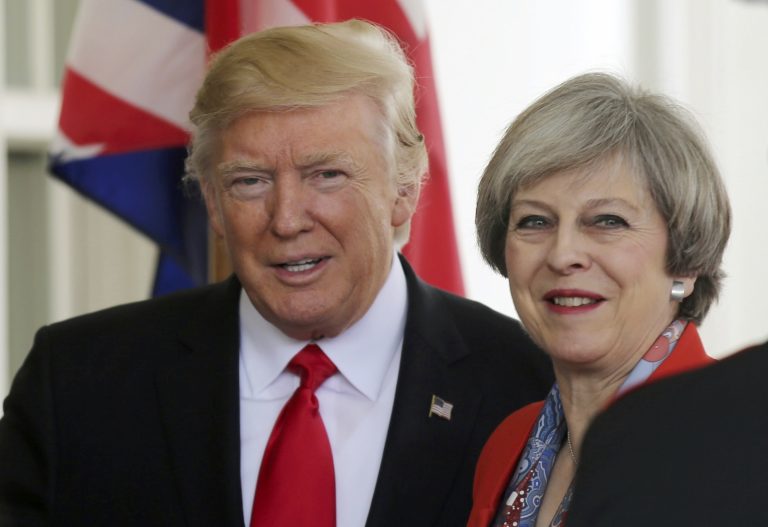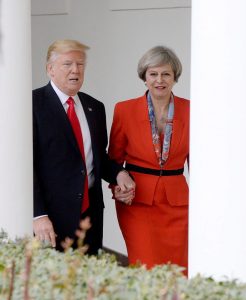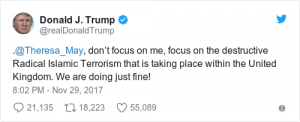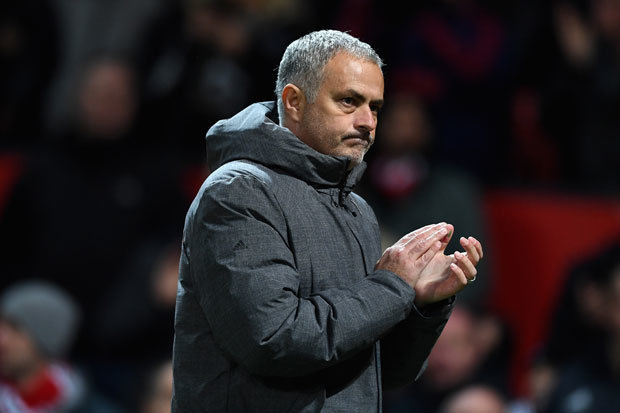by Claire Gillespie
Britain loves a hierarchy. If there’s one thing we do well, it’s maintaining a system of deciding who is better than who, and nowhere is this clearer than in education. The age-old competition between Russell Group universities and polytechnics, and Oxbridge and ‘the rest’ in general, has been part of university culture since time immemorial. Even as early as post-16 study, people are forced into boxes. You’re either vocational or academic, A Level or BTEC. But does this division still have any place in Britain in 2017? Does it really help our economy and workforce move forward if they’re more obsessed with where they study than what they study?
“Bill Gates was a dropout!” yeah he dropped out of Harvard not BTEC Health & Beauty
— AQA NOT (@AQA_NOT) December 1, 2017
Somewhere along the way (around the time we decided polytechnic colleges needed to be renamed), we decided that it was university degrees or bust. We overloaded a system meant for a certain type of education and pushed tens of thousands of square pegs into round holes. We made subjects never meant to be constrained to libraries and lecture theatres and put them there anyway, then charged people who wanted to study them for the privilege.
With education funding contentious as ever, and barely mentioned in the Autumn 2017 Budget announcements, it’s worth looking at why we educate Britain the way we do, and the thinking behind it.

To do this we need to put away our own egos. Policy is typically made by people who are university-educated with the sorts of degrees these institutions were designed for. It is inevitable that they will want to defend the structures that gave them their privileges. It is wonderful to believe yourself intelligent, but it is not useful to have that attached to a piece of paper, or the name of an institution, especially not if you make the policies which define how other people study. So here it is: your degree does not make you smarter or better or even more qualified to do anything. What it does do is give you a set of skills and knowledge, but how you practise them is up to you, just remember that there are people without your education (bar doctors, lawyers and scientists etc.) who could probably do those things anyway.

Now that we’ve taken ourselves down a peg or two, we can get to work. The British education system is broken: it’s too expensive, too poorly funded and overburdened. We have created a society in which people do degrees they don’t want to do and have no use for, simply because they will give them the appearance of being educated. We lose people who could be busy innovating and creating because we’ve told them that studying classic French literature is the best way to show the world how smart they are. We don’t fund the institutions that could be helping them to develop entirely different skill sets which would really tap into their potential, and we tell everyone that going to these niche institutions is a marker of their inadequacy.
We want to be a country and an economy ‘fit for the future’, but we have to start by accepting that traditional forms of academic achievement have very little place in the future that technology and society are leading us towards.










